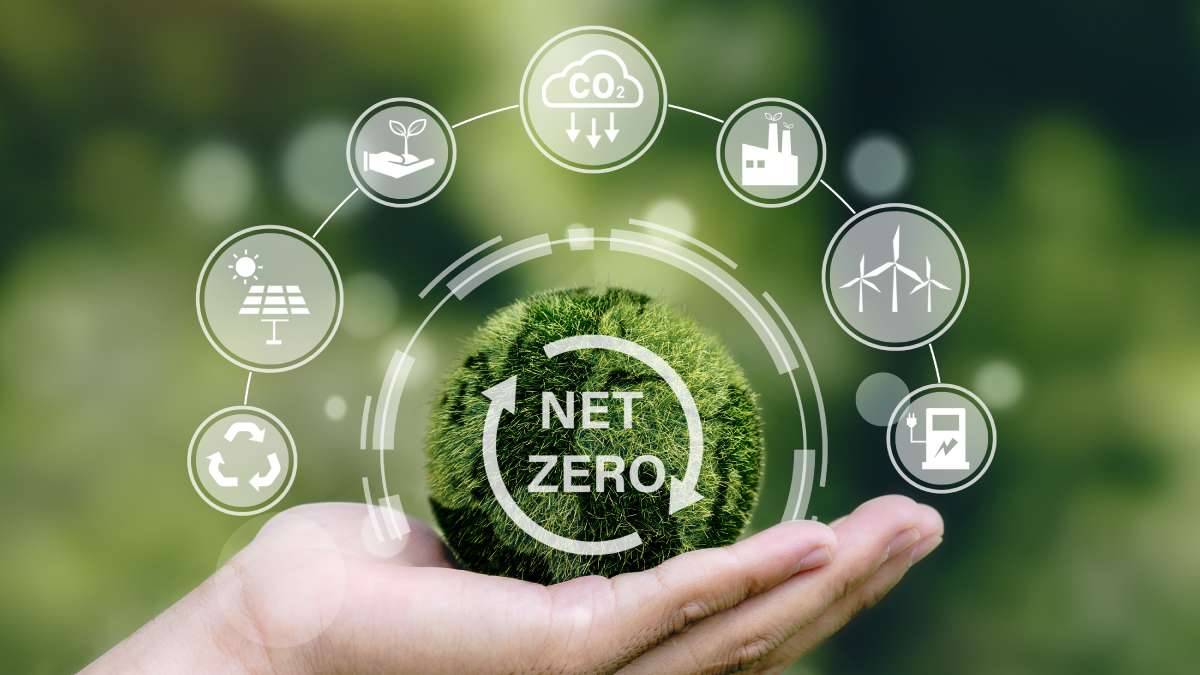
Sustainable Finance
ARTICLES | Nov 18, 2022
Writer: Nuttawut Kulkaew
Editor: Wittaya Wonglor
Climate collapse calls for the financial sector to adapt to foster a green economy, bringing “Sustainable Finance”.
Every sector is becoming more aware of its impact on the environment. There are many efforts to encourage governments, businesses, and citizens to adapt to help tackle climate change fast. But environmental responsibility comes with a greater cost. Consumers and households are paying more for eco-friendly products. Small and medium-sized businesses (SMEs) face rising costs to keep their products or services from harming the environment. Large businesses have complex organizational structures that are hard to adjust. They often use traditional energy sources that are not environmentally friendly. At present, 15 - 30% of total bank loans in ASEAN are still credited to high-carbon industries. Large businesses in Thailand still rely on coal and oil for 60% of their total energy use. 48% of small and medium-sized businesses (SMEs) lack funding to reduce greenhouse gas emissions. In addition, the great flood in 2011 indicates that Thailand has a low capacity to deal with natural disasters, ranked 39 out of 48 countries. If Thailand does not adjust, it will result in a 43.6% decrease in the country's GDP in 2048. It is also reported that Thailand ranks ninth in the world at risk will be impacted by global warming in the long term based on projections from 2000-19.
The Bank of Thailand sees an adaptation of financial institutions to push the economy to be eco-friendly without being caught in the trap of green sashing. Policy supports small and medium-sized businesses (SMEs) with a BCG (Bio-Circular-Green) business model that uses science, technology, and innovation to be environmentally friendly. It is estimated that the BCG industry in Thailand will be worth 25% of GDP by 2025. A central database on environmental standards should be accessible to the government, private businesses and the public sector. The government should invest in infrastructure systems. Consumers must study and decide to support brands that care about the environment. If all Thais see the same picture, we will be able to prepare for what is expected to happen for a mutually desirable future.
Implications for the future:
- Green Monetary Policy Design Contests will become very popular to find new financial ideas and strategies from outside financial institutions.
- Encouraging small green businesses to become part of large businesses will be one of the strategies that the private sector chooses to acquire wisdom and manpower of environmental quality.
- Experts in environmental business strategy are becoming sought after by organizations around the world in government, business, and financial institutions.
Want to know more about us? Click https://www.facebook.com/FutureTalesLABbyMQDC or follow at https://www.blockdit.com/futuretaleslab











